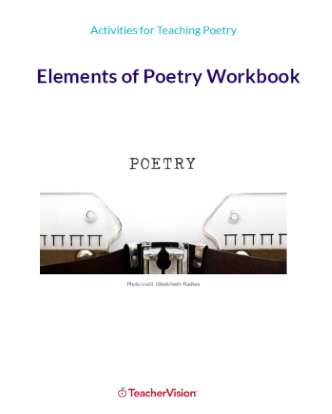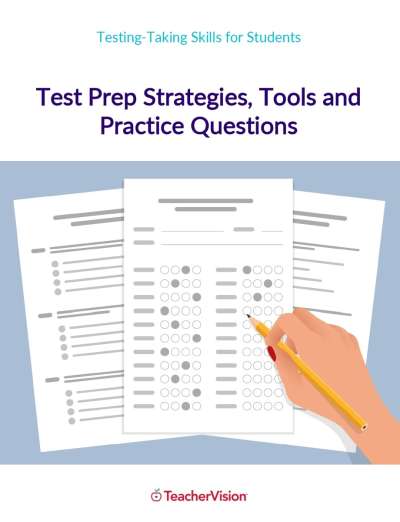PURPOSE: This activity introduces students to the words and ideas of prominent people who have spoken and written passionately about the subject of war.
LEARNING STRATEGIES: Critical reading and writing, whole group discussion
TIME: A few minutes or an entire class period.
MATERIALS: Handout: "What People Say About War"
SUGGESTED INSTRUCTIONS:
LEARNING STRATEGIES: Critical reading and writing, whole group discussion
TIME: A few minutes or an entire class period.
MATERIALS: Handout: "What People Say About War"
SUGGESTED INSTRUCTIONS:
Pass out handout, "What People Say About War" or select several quotations to use separately as starting points for discussion, journal writing, or further investigation.
Ask students to choose two quotations to analyze, which reveal contrasting assumptions and values.
Ask students to write about or discuss quotations with which they strongly agree and disagree.
Ask students to discuss a quotation that speaks to them, one they think reflects what they are thinking more closely that any other one.
Select quotations to practice critical reading and reasoning skills:
- a. Paraphrasing: Choose particular sentences to rewrite using your own words, while keeping the idea intact.
- b. Summarizing: Use some of the longer quotations to practice summarizing the main idea in one clear sentence.
- c. Looking for Evidence: Ask students to identify the kinds of evidence and data that would validate the truth as it is expressed in the quotation.
- d. Looking for Loaded Language: Ask students to look for prejudicial, pejorative, emotionally charged, and exaggerated language that may contribute to overstating the case that the author is trying to make. Consider why writers might use this kind of language to persuade. What makes this kind of language more successful or less successful?
- e. Looking for What's Missing: What an author chooses to say what examples an author selects are more clearly understood when we examine what an author chooses to ignore, omit, or deny. Discuss a quotation that is less than convincing because of what is not acknowledged, or discuss a quotation written with absolute certainty, while being aware of exceptions that refute that certainty.

Provided by Engaging Schools
Explore an activity that introduces students to the words and ideas of prominent people who have spoken and written passionately about the subject of war.
TYPE:
Teaching Strategies





